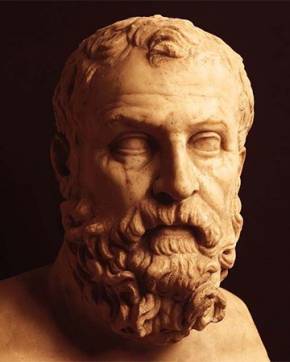
Since 2014, the Institute has organised the annual Max Planck Summer Academy for Legal History. Its aim is to provide roughly 20 early-stage researchers, usually PhD students, from all over the world with an in-depth introduction to basic approaches and methods of research in legal history.
The Summer Academy is intended to develop the ability of its participants to transfer legal terminologies and theories across linguistic and cultural contexts, thus providing a basis to build and consolidate international research networks.
It addresses highly motivated early-stage researchers, usually PhD candidates, with an interest in the basic research of historical formation and transformations of law and other normative orders.
The Summer Academy consists of two parts. The first part provides an introduction to the study of sources, methodological principles, as well as theoretical models and controversial research debates on basic research fields of legal history. In the second part, the participants discuss the special research theme and develop their own approach to the topic.
The next course takes place from 5 August 2019 - 16 August 2019 at the Max Planck Institute for European Legal History in Frankfurt am Main, Germany.
This year's theme: Law in Texts and Contexts
Written texts represent the largest part of the sources of legal history. Obviously, they cannot be understood without their respective historical contexts. In recent decades, however, there has been a growing awareness that they must also be read with specific attention to their mediality and their interrelation with visual and oral sources as well as objects and artifacts. Historians, but also legal theorist, are reflecting more intensively about textuality and normativity, and digital humanities seem to hold great opportunities for legal historical research. What do this developments mean for legal historical research, and its specific task?
Applicants to the 2019 Summer Academy are encouraged to present research projects that give special consideration to the connection between normativity and textuality.

